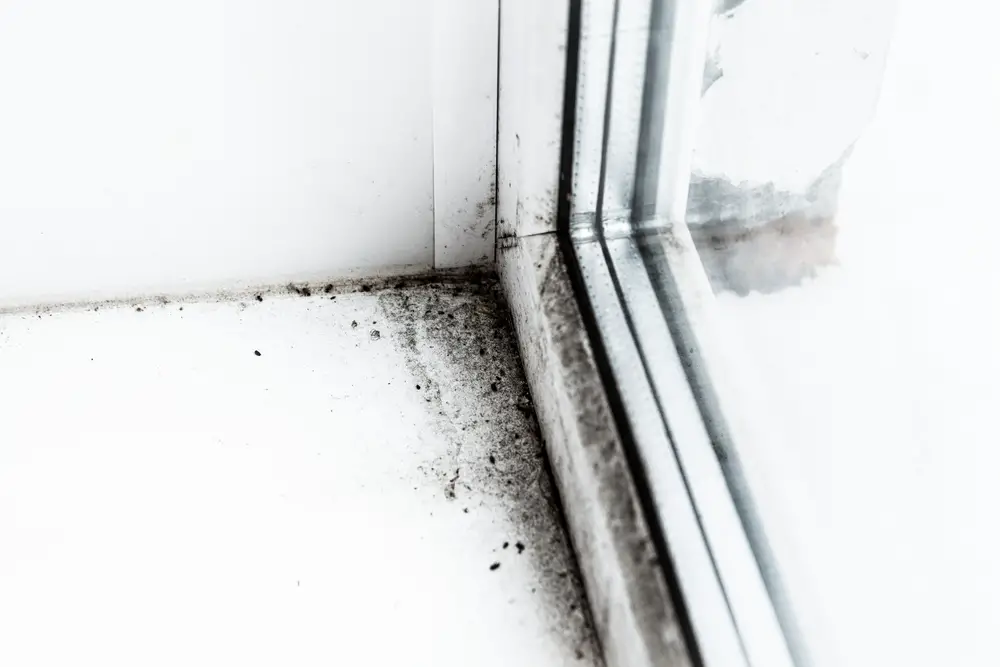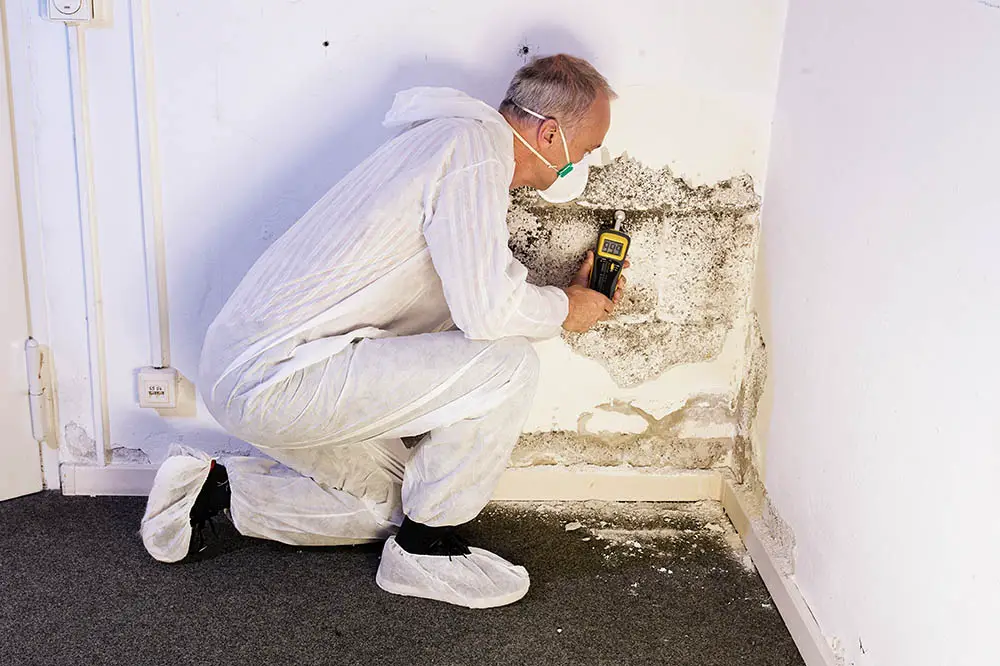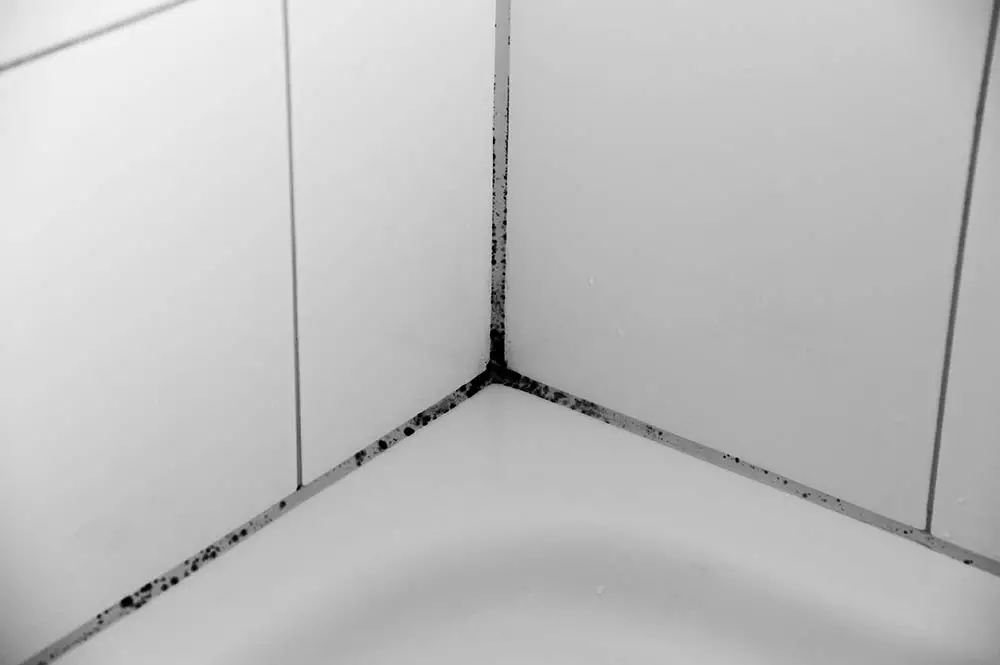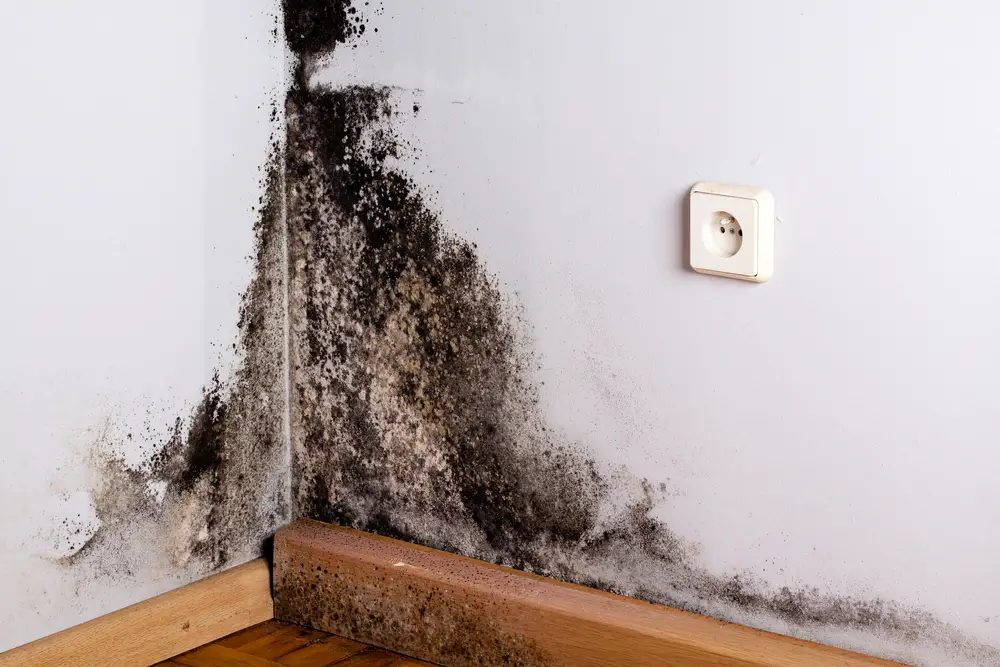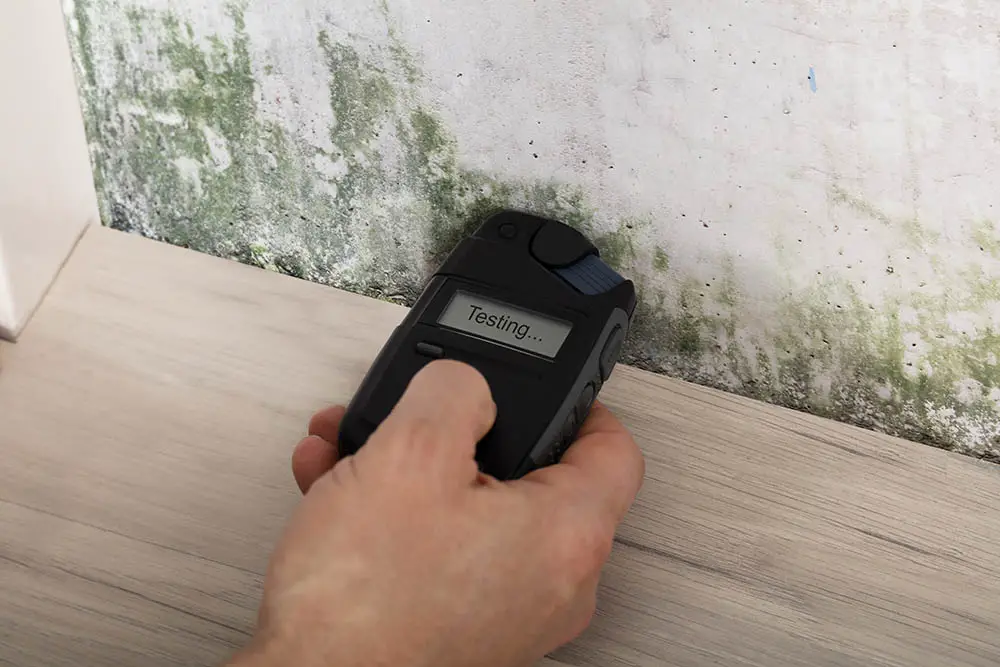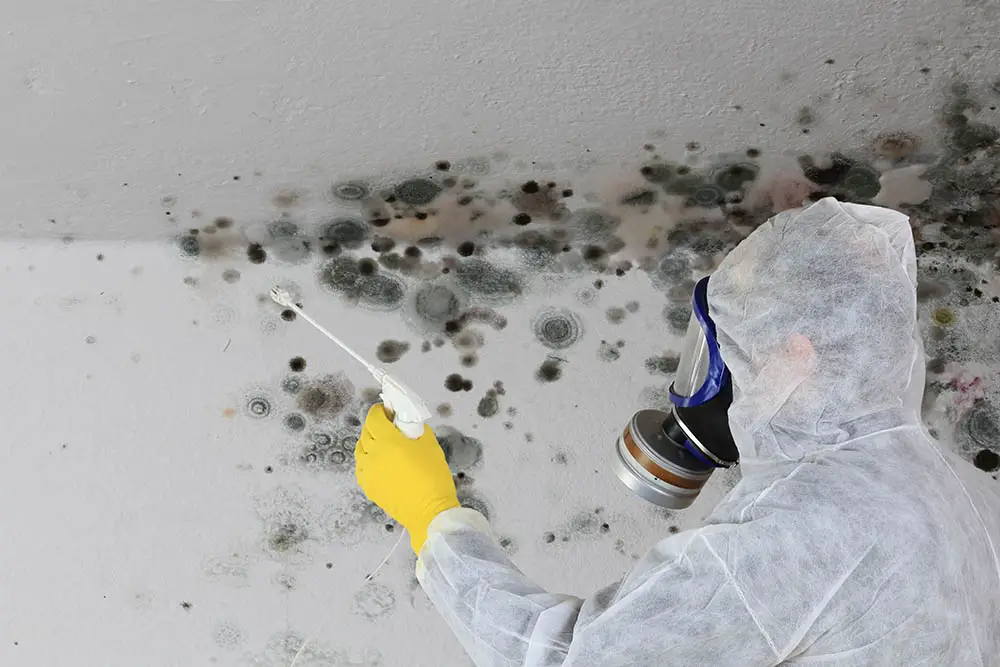If you’ve recently purchased or made an offer on your dream home, only to discover the presence of mold and this is stressing you out, take a breather and let us help you go through this suboptimal situation. This revelation might have you feeling overwhelmed and unsure of how to proceed, especially on how to break this news with your bank or mortgage lender. Don’t worry, let’s discuss and address some queries regarding the financing of a property affected by mold.
We’ll delve into the likelihood of banks providing financing for a property with mold concerns. Additionally, we’ll explore the perspective of the Federal Housing Administration (FHA) on this matter and shed light on whether appraisers will take this issue into consideration during their evaluations.
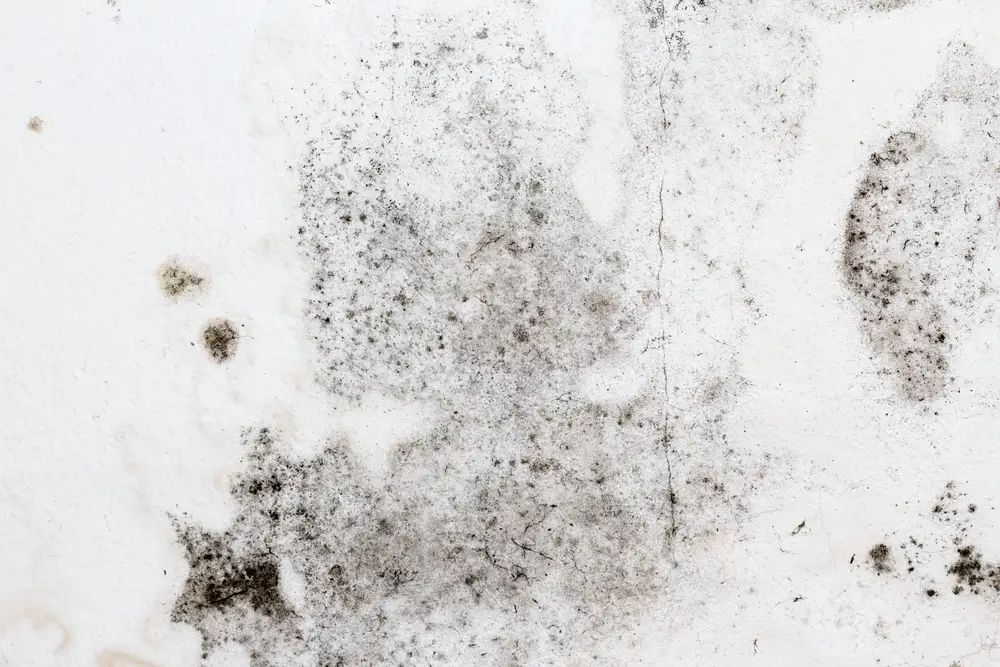
Will a Bank Finance a House With Mold?
Some banks may finance a house with mold, but it really does depend on the bank, the extent of the mold, and whether it can be fixed.
Mold in a house is not a total dealbreaker for banks, especially since they will be well aware that vacant homes that are up for sale for a while are more susceptible to mold growth and other related issues.
There are some schemes that deal with mold growth especially, like the Fannie Mae HomePath Renovation and the FHA 203k Streamline. Typically, there will be strict stipulations on the mold, and the bank or the lender will want to be assured that the mold can be dealt with as quickly and as cost-effectively as possible.
This could mean looking at the mold’s extent and assessing whether the mold can be removed and whether the home is safely habitable within 30 days of closing. The bank may also want to ensure that the source of the mold will be identified, which is usually a water or moisture source. This is so the mold can be properly addressed to prevent it from coming back.
Will FHA Approve A House With Mold?
The rules over mold-related issues and the FHA can be a little confusing. The FHA does not use appraisers who are mold specialists, so oftentimes, mold-related issues may go unnoticed by FHA officials.
That said, if they do discover mold, they defer to federal law, state law, or local authority guidance. It is most likely that the local authority would have the biggest say in what happens next, and the matter would be out of the hands of the FHA. The FHA does have strict rules and guidance that relate to environmental issues, and so there are many environmental issues that would deem a house unsuitable for approval.
Due to the fact that mold is environmental, it is likely that this would come under these rules.
With this in mind, it is likely that the outcome will be largely determined by what the local authority or other relevant agency (state or federal) have to say, and then the FHA will assess whether they can approve the home based on the extent of the mold, whether it can be fixed, whether it can cause health issues, and other factors.
They may stipulate that in order for it to be approved, the mold needs to be removed. It is difficult to provide a solid answer, as it may depend on individual circumstances. With this in mind, it is always best to be upfront if you are selling or buying a house with mold, and you want the help of FHA approval.
Do Appraisers Look for Mold?
Appraisers may look out for tell-tale signs of mold such as visible patches, growths, and a musty smell.
However, it is not likely that your appraiser will be a trained mold specialist who knows how to look for hidden signs of mold. They will do a surface check but will unlikely check deeper for mold growth or the start of any mold colonies. Appraisers also look for termite damage, roof damage, cracks in the foundation of the house, and signs of mildew as well as mold. When it comes to these things, it is difficult for an appraiser to be able to officially deem the issues as ‘mold’ or ‘mildew’.
Instead, appraisers will know how to look for certain signs, as noted above, and will then call in a professional for an expert opinion. This does mean that oftentimes, hidden mold will go undiscovered by appraisers who do not look further than the surface.
Summary
There you have it! We hope this article has answered some of your worries about a bank financing a house with mold.
All is not lost and there are some options that you may have, especially if the mold is mild and can be dealt with easily.


